The Irishman is a landmark achievement in special effects and patient storytelling. Director Martin Scorsese’s masterstroke of perfection lives and breathes throughout this picture. I Heard You Paint Houses. The Irishman is compelling through its directing, acting, and writing. Actors Robert De Niro, Joe Pesci, and Al Pacino are a revelation together. The actors of this Holy Trinity are reunited for one last ride. This epic gangster film is one of the best of the year, a new American classic. I highly recommend seeing it in theaters if you can. This is 'Cinema' in the highest order. Scorsese's latest feature receives a five-star review from me. This three and a half hour mobster motion picture takes its time recalling a mob hitman's past crimes and reflecting on them. In this biographical crime thriller, we follow Frank Sheeran (a top-notch De Niro) as he recalls his past years working for the Bufalino crime family. Sheeran is a truck driver who becomes a hitman involved with mobster Russell Bufalino (a superb Pesci). Pesci came out of retirement for this movie after Scorsese asked him to play the role more than 50 times. Pesci's bold silence and patient manner will seep into your bones. Pesci is a master actor, shedding new light in the supporting role. Russell Bufalino was an Italian-born American mobster who became the crime boss of Northeastern Pennsylvania. Now older, the WWII veteran (Sheeran) once again reflects on his most prolific hits and, in particular, considers his involvement with his good friend Jimmy Hoffa's (a fantastic Pacino) disappearance in 1975. Jimmy Hoffa was an American labor union leader who served as the President of the International Brotherhood of Teamsters (IBT) union from 1957 until 1971. Actors Ray Romano, Bobby Cannavale, Stephen Graham, Domenick Lombardozzi, and Harvey Keitel help fill in the cracks to these lushes characters. Charisma and wit shine bright throughout this dark movie and will keep you smiling. The production design, lighting, and score are all top-notch. These grand aspects help excel the stories' identity to a place of high virtue. The Irishman officially marks the end of an era with gangster movies. The classic mobster movies have faded away and we are seeing the repercussions of these men's past actions unveil on the screen before us. In The Irishman, we see them age and wither away, whether that's in jail or a nursing home. In past Italian gangster films like The Godfather, Scarface, Goodfellas, and Casino, we see violent men fueled by their hedonism and not giving a damn about where their actions will take them. In most of those past pictures, we see don't see them grappling with their past life after they've become elderly. This is where The Irishman comes into play. Scorsese shows a man, now crippled and forgotten by his family, struggling with his soul and reflecting on his sins. This is storytelling at its finest. Scorsese finally caps off his gangster saga (Goodfellas, Casino, and The Irishman), concluding with a man bound to isolationism and guilt. This is something that Goodfellas or Casino never made it too. At long last, these criminal organizations have died and so have their counterparts. Throughout this film, we see many Scorsese staples like long tracking shots, freeze-framing on particular gangsters, tints of red lighting, and opening voice-over narration. This time with Scorsese's freeze-framing we get 'title cards' providing the death of each gangster — often in graphic detail. Not only is the storytelling perfection, but the special effects will blow you away. Industrial Light & Magic and visual effects supervisor Pablo Helman handled the effects for the film. Helman used a technique called 'digital de-aging'. Respectfully, to give De Niro, Pesci, and Pacino younger portrayals. Scorsese said that "the risk was there, and that was it. We just tried to make the film. After sitting on the couch for ten years [...] we finally had a way." Speaking about the de-aging process, Pacino told IndieWire: "I was playing Jimmy Hoffa at the age of 39, they're doing that on a computer [...] we went through all these tests and things [...] someone would come up to me and say, 'You're 39.' [You'd recall] some sort of memory of 39, and your body tries to acclimate to that and think that way. They remind you of it." The Irishman starts its story in the 1950s and expands through 30 years of organized crime history. Screenwriter Steven Zaillian (Schindler's List, Gangs of New York, and Moneyball) penned the screenplay for this masterful film and based it off the book I Heard You Paint Houses by Charles Brandt. The Irishman premiered at the 57th New York Film Festival, and had a limited theatrical release on November 1, 2019, followed by digital streaming on Netflix starting on November 27, 2019. Since then, Scorsese's film has gone on to win numerous awards (47) and has been nominated for 173. The Irishman was also nominated for five Golden Globe Awards, including Best Motion Picture – Drama, Best Director (Scorsese), and Best Supporting Performance in a Motion Picture (Pesci and Pacino). I know The Irishman will receive a lot of Oscar nominations come this January and it would be great to see this masterpiece possibly win Best Picture. This is a film that deserves the Academy's highest honors. Scorsese found a way interconnecting flashbacks and flash-forwards to help mold the story to a place of rich rewards. Scorsese's juxtaposition of the "ruthless gangster" now diminished of old age overshadows his previous installments. Here, we see the actual effects of a retired mob hitman asking for his soul's forgiveness. De Niro unveils the vulnerabilities of a man's inability to coil with his violent sins. In the end, The Irishman is a monumental accomplishment for cinema and should be preserved for generations to come. The Irishman is rated R (Restricted). For pervasive language and strong violence. Directed by Martin Scorsese, AKA the Master of Cinema. The Holy Trinity: Robert De Niro, Joe Pesci, and Al Pacino. Also Starring Actors Ray Romano, Bobby Cannavale, Stephen Graham, Domenick Lombardozzi, and Harvey Keitel. Digital De-Aging Below:
0 Comments
Parasite is the best movie of the year. A haunting masterpiece that’s one for the ages. South Korean filmmaker Bong Joon Ho's incredible film receives a five-star review from me. Parasite (Gisaengchung / 기생충) is an urgent and timely film contrasting the inward struggles between the wealthy and the poor. A character study on our society, Director Bong Joon Ho’s film (Okja and Snowpiercer) is a master-craft in writing and directing. Parasite is darkly funny, twisted, and will get under your skin. This social commentary is fully gripping from beginning to end. A modern day Hitchcockian tale that lingers in your soul. It's some of the best writing I've seen in years. You won’t know what hit you — it’s dazzling and aesthetically energizing. Parasite is a pitch-black commentary on class division. Meet the Park Family: the picture of aspirational wealth. And the Kim Family, rich in street smart but struggling daily in the slums of the city. Kim Ki-taek (Song Kang Ho), his wife Chung-sook (Chang Hyae Jin), son Ki-woo (Choi Woo Shik), and daughter Ki-jung (Park So Dam) live in a small semi-basement apartment, working low-paying jobs and struggling to make ends meet. Soon this will all change, but will it be by chance or by fate? I'll leave that up for you to decide. These two houses are brought together and the Kims' seize on this grand opportunity. The Kims' slowly start working their way into the Parks' Family affairs. Ki-woo becomes Park Da-hye's (Jung Ji So) tutor and also begins a romantic relationship with her. Ki-jung poses as an 'art therapist' and is hired to teach the youngest Park son, Da-song (Jung Hyeon Jun). Mr. Kim is hired as a chauffeur for Park Dong-ik (Lee Sun Kyun). Mr. Park is a CEO of an IT company. And Chung-sook is hired as the housekeeper for Park Yeon-kyo (Cho Yeo Jeong), Mr Park's wife. This sophisticated scheme keeps the Kim Family enriched in a luxurious ecosystem provided by the Park Family. That is until the plan goes wrong. Nothing lasts forever and soon the Kim Family will be threatened to uphold their dominance in the world of the wealthy. Finally, there's actor Lee Jung Eun's haunting performance, as the Parks' previous housekeeper, which I won't spoil. This multi-layered storyline will keep you on the edge of your seat from the beginning until the end. Bong crafts a marvelous story that exceeded my expectations. I was in sheer awe with all the twists and turns and kept wondering what would happen next. The acting was superb, the directing was perfection, and the storytelling is one for the ages. Yes, each actor deserves an Oscar nomination, especially; Song and Cho's performances. Song's acting metamorphosis from ordinary family man to a raging avenger was striking. While, Cho's lofty provocation will hit you in the gut. Cho achieved to ability to have her character be both sympathetic and clueless at the same time. This was a masterclass in acting. There are a lot of interpretations that blossom out from this wholly original movie. Parasite's main themes are between class conflict and social inequality. Bong's film also critiques and reflects on modern capitalism's role in our world. With that being said Parasite doesn't have the distinctive bad and good characters within the film. Instead, the Kim Family and the Park Family both have bad and good qualities that Bong explores. The Kim Family are trying to make ends meet and surviving from day-to-day. The Kims' are good people, but the inequality they've experienced leads them to scheme their way into the Parks' Family affairs. The Park Family are also nice people, but they're oblivious to the struggles of the outside world apart from their own. When it rains, the Parks' celebrate it as a blessing in disguise getting rid of the pollution. Yet, the Kims' suffer the consequences with the rain literally trickling down the roads and class lines to the poorer areas and flooding their home. Bong uses these techniques as a double-edged sword to examine and critique the division between class status and simply coexisting. Parasite also examines themes of colonialism and imperialism and their impact on our world. In the movie, Da-song is obsessed with "Indians" and he owns inauthentic replicas of Native American-themed toys. Bong has stated that "the Native Americans have a very complicated and long, deep history. But in this family, that story is reduced to a young boy’s hobby and decoration... That’s what happens in our current time: The context and meaning behind these actual things only exists as a surface-level thing." Another metaphor that stuck out to me was the Parks' own home structure felt like a living and breathing organism. There's also a balance in power and fate in Ki-woo's symbolic rock. I have no problem with saying that Parasite is the best movie to arrive in 2019. It's a film-going experience that refuses to fit into any box — there's drama, comedy, suspense, horror, and tragedy. Parasite had its world premiere at the 2019 Cannes Film Festival on 21 May 2019, where it became the first Korean film to win the Palme d'Or, and the first film to do so with a unanimous vote since 2013's Blue Is the Warmest Color. It was selected as the South Korean entry for Best International Feature Film at the 92nd Academy Awards, Bong's second selection after 2009's Mother (Madeo). Parasite is a razor-sharp film that cuts deep and makes you reevaluate our society's norms. As of December 2019, Parasite has grossed $20.4 million in the United States and Canada, and $105.1 million in other territories (including $70 million from South Korea), for a worldwide total of $125.5 million. Parasite's U.S. opening weekend grossed $376,264 from three theaters. Its per-venue average of $125,421 was the best since La La Land's in 2016, and the best-ever for a foreign-language film. From there, the film expanded to 33 theaters in its second weekend, making $1.24 million, and then made $1.8 million from 129 theaters in its third. The film made $2.5 million in its fourth weekend and $2.6 million in its fifth. The film's theater count peaked in its sixth weekend at 620 when it made $1.9 million. Continuing to hold well within the following weekends, making $1.3 million and $1 million. In its tenth week of U.S. release, the film crossed the $20 million mark (very rare for a foreign-language film), making $632,500 from 306 theaters. Word-of-mouth has been astronomical for this movie and I am incredibly happy Bong's movie has been doing so well. Parasite is also leading in wins this Awards Season. As of now, the film has won 40 awards including AFI's Special Award, NBR's Best Foreign Language, HFA's Hollywood's Filmmaker of the Year (Bong Joon Ho), and the Palme d'Or at the 2019 Cannes Film Festival. Parasite was also nominated for a SAG Award for Outstanding Performance by a Cast in a Motion Picture and three Golden Globe Awards, including Best Director and Best Screenplay. This is a movie that I hope will be acknowledged by the Academy and I hope could take home the crown of Best Picture this February. Parasite is a haunting masterpiece that’s one for the ages and needs to be seen by the masses. This aesthetically-energized movie is a wild rush of adrenaline and anxiety. A bitter blood of class rage that will linger in your mind after the final shot passes. Parasite dares to challenge you. Bong Joon Ho and his entire cast and crew can take a bow. Job well done. Parasite is rated R (Restricted). For language, some violence and sexual content. The Best Film of 2019 is Directed by Bong Joon Ho The top-notch cast: Song Kang Ho, Cho Yeo Jeong, Lee Sun Kyun, Chang Hyae Jin, Choi Woo Shik, Park So Dam, Jung Ji So, Jung Hyeon Jun, and Lee Jung Eun. "It's so metaphorical!" Doctor Sleep pays homage to Stephen King's original source of material as well as expanding into new territory. "REDRUM" and Room 237 have returned... A balancing act that will please both Kubrick fans and King fans alike. Doctor Sleep is chilling, poignant, and heavy on nostalgia. It’s a wild horror ride that will keep you on your toes. It's been almost 40 years since we last visited the Overlook Hotel from Stanley Kubrick's The Shining (1980). Now, we get to return to that element of terror with some spine-tingling chills. Doctor Sleep was Stephen King's 2013 sequel book to one of his ultimate classics, The Shining (1977). Now, we all know that King frowned upon Kubrick's adaption of The Shining. Nevertheless, Kubrick's film will always be a classic and it changed the way we look at modern horror. The original film's storyline dealt with the Torrance family, as Jack Torrance (Jack Nicholson), an aspiring writer and recovering alcoholic, accepts a position as the off-season caretaker of the isolated historic Overlook Hotel in the Colorado Rockies. Jack's wife Wendy (Shelley Duvall) and their son Danny (Danny Lloyd) join him for wintering in the old hotel. Danny possesses a supernatural ability that the hotel's cook, Dick Hallorann (Scatman Crothers), calls "shining". These psychic abilities enable Danny to see into the hotel's horrific past and he can also telepathically communicate with other people who also "shine". As the film progresses, Jack loses his sanity and tries to kill Wendy and Danny. Jack ends up killing Dick, who was there to rescue Wendy and Danny. They escape in Hallorann's snowcat, while Jack freezes to death after getting lost in the hotel's garden maze. Now, there were tons of differences between the book and the movie, but director Mike Flanagan (Oculus and Netflix's The Haunting of Hill House) was able to constructively weave the stories together giving a satisfactory sequel for both King and Kubrick fans alike. Flanagan said that "Doctor Sleep still acknowledge[s] Kubrick's The Shining in some way". "It is an adaptation of the novel Doctor Sleep, which is Stephen King's sequel to his novel, The Shining. But this also exists very much in the same cinematic universe that Kubrick established in his adaptation of The Shining." Flanagan also explained working with all the sources, "Reconciling those three, at times very different, sources have been kind of the most challenging and thrilling part of this creatively for us." Doctor Sleep picks up right after the events of The Shining as we see Wendy and Danny trying to adapt to their new life away from the hotel and without Jack. Actors Alex Essoe and Roger Dale Floyd portray Wendy and young Danny in the sequel. We see them sprinkled in throughout a variety of flashbacks in the picture. Essoe and Floyd are split images of past actors Duvall and Lloyd, however; both actors bring their own incarnation to the roles of Wendy and Young Danny. Actor Carl Lumbly also portrays Dick Hallorann, giving us some nostalgic memories of the beloved character. Flanagan decided that the best approach "was not to do impressions; it was to find actors who would remind us of those iconic performances, without ever tipping into parody... I just want to be able to tilt people's memories toward those original actors, but then let the characters be their own." The film then jumps to Danny when he is an adult (a strong Ewan McGregor), who's been struggling with alcoholism. Now, an adult Dan Torrance must protect a young girl, Abra (Kyliegh Curran), with similar powers from a cult known as The True Knot, who prey on children with the "shining" to remain immortal. Actor Rebecca Ferguson plays Rose the Hat and is our antagonist for the film. Ferguson did a marvelous job as our 'Mad Hatter' villain. Throughout the movie, Flanagan recreated scenes from The Shining to use in flashbacks. He also avoided the horror film trope of jump scares as The Shining did. This allowed Doctor Sleep to splendor in its true eeriness and not be underdeveloped by cheap jump scares. Doctor Sleep is a more contemplative sequel that's still able to scare you and get under your skin. Doctor Sleep doesn't reach the heights of its predecessor, but that's hard to accomplish, especially when your predecessor is The Shining (1980). Doctor Sleep is a logical conclusion of Kubrick's film but also holds all of the elements found in a Stephen King book. In the end, we get to return to the Overlook Hotel and see all of our old creepy friends one last time. Doctor Sleep is rated R (Restricted). For disturbing and violent content, some bloody images, language, nudity and drug use. Directed by Mike Flanagan Approved by Stephen King Starring Ewan McGregor, Rebecca Ferguson, Kyliegh Curran, Carl Lumbly, Zahn McClarnon, Emily Alyn Lind, Bruce Greenwood, Alex Essoe, and Jacob Tremblay. Varda by Agnès is an autobiography/documentary on the late legendary filmmaker Agnès Varda. This is a must-see film for cinephiles everywhere. “I live in cinema. I feel I've lived here forever.” Agnès Varda was the ‘Mother' of the French New Wave, pioneering a path for European art cinema. Varda was an icon of independent filmmaking through realism, imagery, and using the camera "as a pen". She helped create onscreen female protagonists and a female cinematic voice that needed to be heard. Some of her greatest achievements were La Pointe-Courte (1955), Cléo from 5 to 7 (1961), Le Bonheur (Happiness) (1965), One Sings, the Other Doesn't (1977), Vagabond (1984), The Gleaners and I (2000), and Faces Places (2017). Agnès Varda was a legend and her final film was a total delight to watch — with a dash of melancholy at the end. Like many previous films made by Varda, her final film focused on achieving documentary realism. From the first shot, we see Varda sitting amongst people in a crowded auditorium and talking to them like she was teaching a film class. This also goes for the audience watching her movie. I felt completely immersed in her teaching and soaked up everything she said about her life in film. It was an honor to listen and to learn from the words of a master. Throughout her films, Varda has been known for addressing feminist issues, producing social commentaries, and demonstrating a distinctive experimental style. Throughout her life, among other awards and nominations, Varda received an honorary Palme d'Or at the Cannes Film Festival, a Golden Lion (for Vagabond) at the Venice Film Festival, an Academy Honorary Award, and was nominated for the Academy Award for Best Documentary Feature (Faces Places with French photographer, JR). Varda was not only a filmmaker, but she was also a photographer. Varda by Agnès shows and dissects some of Varda's most important photographs she had taken during her career. Sadly, Varda by Agnès has become a final sway song for our beloved director, as she passed away last March at the age of 90. I didn't want this film to end, I could have stayed an listened to Varda talk for another two hours. Her words and her visions were all enlightening and have shaped the way we look and study film. She is a cinematic pioneer and her work should always be preserved for generations to come. Varda by Agnès is one of the most important autobiographies/documentaries to come out in 2019. I hope that somewhere out there, Varda is relaxing peacefully at a beach. Rest in Peace to the 'Grandmother of the New Wave'. “This is what cinema is all about. Images, sound, whatever, are what we use to construct a way which is cinema, which is supposed to produce effects, not only in our eyes and ears, but in our 'mental' movie theater in which image and sound already are there. There is a kind of on-going movie all the time, in which the movie that we see comes in and mixes, and the perception of all these images and sound proposed to us in a typical film narration piles up in our memory with other images, other associations of images, other films, but other mental images we have, they pre-exist. So a new image in a film titillates or excites another mental image already there or emotions that we have so when you propose something to watch and hear, it goes, it works. It's like we have sleeping emotions in us all the time, half-sleeping, so one specific image or the combination of one image and sound, or the way of putting things together, like two images one after another, what we call montage, editing - these things ring a bell. These half-asleep feelings just wake up because of that - that is what it is about. This is not to make a film and say: 'Okay, let's get a deal, let's tell the story, let's have a good actress, good-bye, not bad," and we go home and we eat. What I am dealing with is the effects, the perception, and the subsidiary effects of my work as proposals, as an open field, so that you can get there things you always wanted to feel and maybe didn't know how to express, imagine, watch, observe, whatever. This is so far away from the strong screenplay, the beautiful movie, etc., that sometimes I don't know what I should discuss. You understand, this is really fighting for that 'Seventh Art' which is making films.'” — Agnès Varda. Varda by Agnès is Not Rated (NR). The Final Film by Agnès Varda Starring Agnès Varda, Sandrine Bonnaire, Hervé Chandès, Nurith Aviv, and Esther Levesque. Joker is a decent movie, but I wanted more from the story because it was style over substance. Nevertheless, Joaquin Phoenix’s committed performance kept the film afloat. Joaquin Phoenix gives a monstrous performance as he transforms into the true ‘Clown Prince of Crime’. Phoenix’s acting is powerful, bold, and Oscar-worthy. Reportedly, Phoenix even lost 52 pounds for the role of a lifetime. Joker blends fantasy and reality as we dwell into the social unrest of society. It’s a film that creates a lot of chaos and in the end, that’s what The Joker would have wanted. Joker is a dark character study that ultimately showcased Phoenix's tremendous acting chops. Director Todd Phillips (The Hangover) leaps into a cynical evolution of one of the comics' most iconic villains ever. Yet, Phillips struggled to develop a cohesive vision, both in writing and directing. For better or for worst, this is a film that people will be arguing over for years to follow. Joker relies heavily on past Scorsese classics like Taxi Driver (1976) and The King of Comedy (1983). The film follows a standalone origin story of Arthur Fleck (an incredible Phoenix), a man struggling to find his way in Gotham's fractured society. Arthur is a clown-for-hire by day and an aspiring stand-up comic at night. Yet one gloomy evening, Arthur makes a bad decision that brings about a chain reaction of escalating events. Phillips strips away The Joker's past vagueness, of someone who has a mysterious upbringing, only defined as the very essence of evil. Instead, Joker presents us with a man struggling with mental illness and someone who has been forgotten by society. Joker wants you to feel the main character's pain. I am not sure if this was the right direction to take, but Phoenix's strong commitment to the role made me feel that pain. Joker is a grim film that dips into the face of madness. This is not a movie for everyone and I understand those who write it off. But, we should take note of how this film has been annoyingly keeping its footing in this awards season. Joker premiered at the 76th Venice International Film Festival in August, where it won the Golden Lion (Best Film). Joker also premiered at the 44th annual Toronto International Film Festival (TIFF) in September, where Joaquin Phoenix won the TIFF Tribute Actor Award. I wouldn't be surprised if Joker nabs several Oscar nominations next year. We'll have to wait and see. Since being released in October, Joker has grossed over $1 billion, making it the first R-rated film to pass the billion-dollar mark at the worldwide box office. This is a huge accomplishment for R-rated movies everywhere. In the end, Joker is a movie that possess a lot of chaos, but thanks to Phoenix's powerful portrayal, the film's dark cinematography, and a haunting score it all kept me fairly intrigued. "I used to think that my life was a tragedy, but now I realize, it's a comedy." This Joker is no laughing matter, as Phoenix's incarnation into the true ‘Clown Prince of Crime’ becomes a reality. Or, in the end, was it all a fantasy? Joker is rated R (Restricted). For strong bloody violence, disturbing behavior, language and brief sexual images. Directed by Todd Phillips, AKA 'The Hangover' Guy. Starring Joaquin Phoenix, Zazie Beetz, Frances Conroy, and Robert De Niro. |
Ryan Arnold
Welcome to For Your Consideration:
akajeannette Analysing Horror w/ Lauren Awards Season Blog Candid Cinema Cinefied Cinemania World The Cinematique CRP Writes Cup Of Soul Show Ephie Female Gaze: The Film Club Filmotomy Film Posers From the Front Row In Their Own League Insert Montage InSession Film Jacob Throneberry Latinx Lens Loud and Clear Film Reviews Maggie Lovitt Mashley at the Movies The Mendez Movie Report Mike, Mike, and Oscar The Movie Oracle Ms. Marya E. Gates Next Best Picture Offscreen Central The Oscar Expert Rachel's Reviews Reel and Roll Films Rendy Reviews Reos Positive POV Ripe Banana Shaurya Chawla ShuffleOnline The SoBros Network Strange Harbors Tasha Jagger Untitled Cinema Gals Project Movie ReviewsArchives
March 2024
|
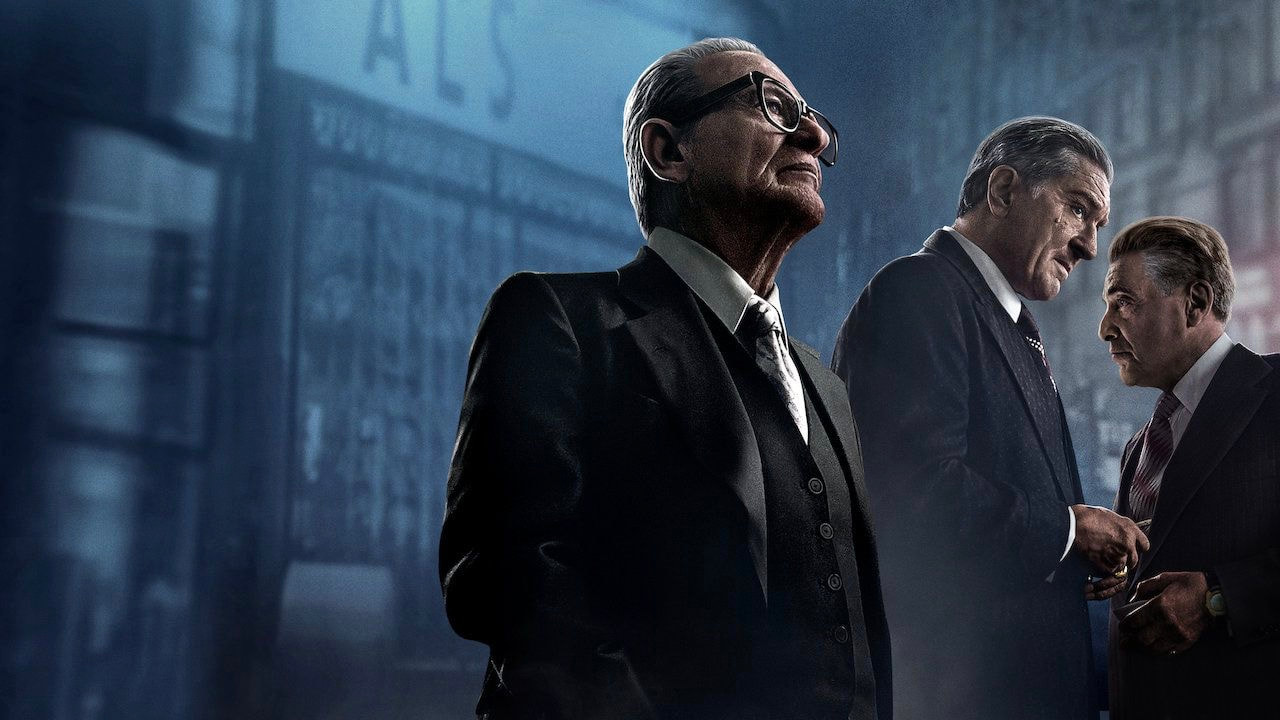
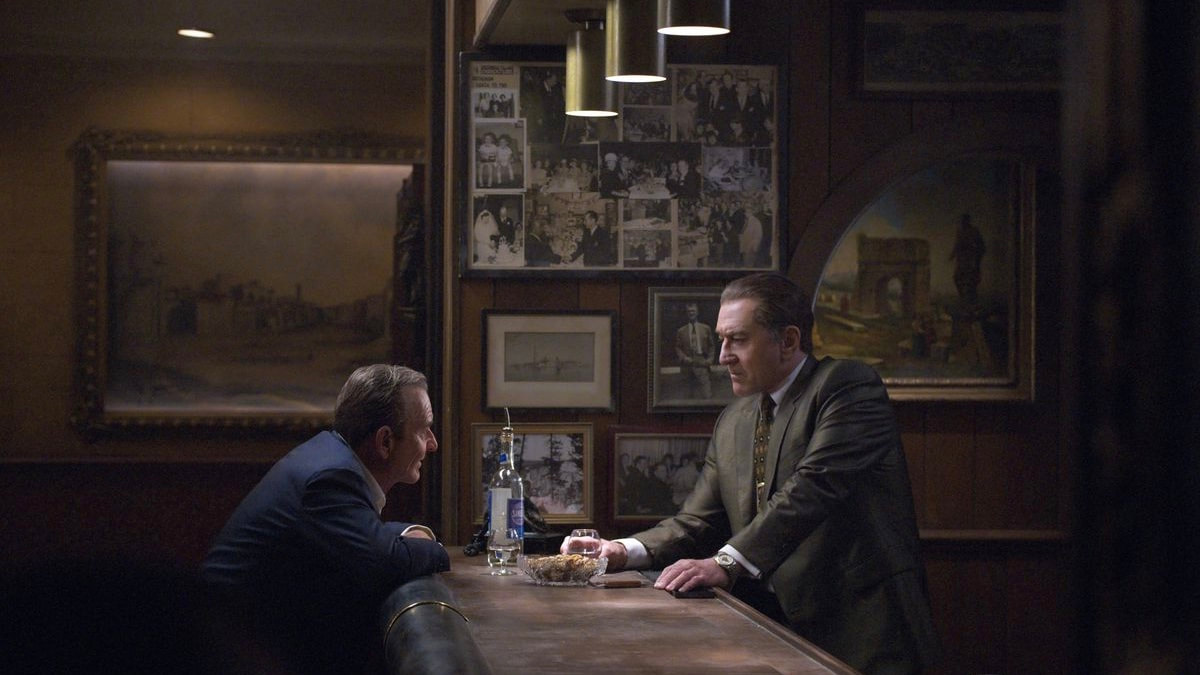
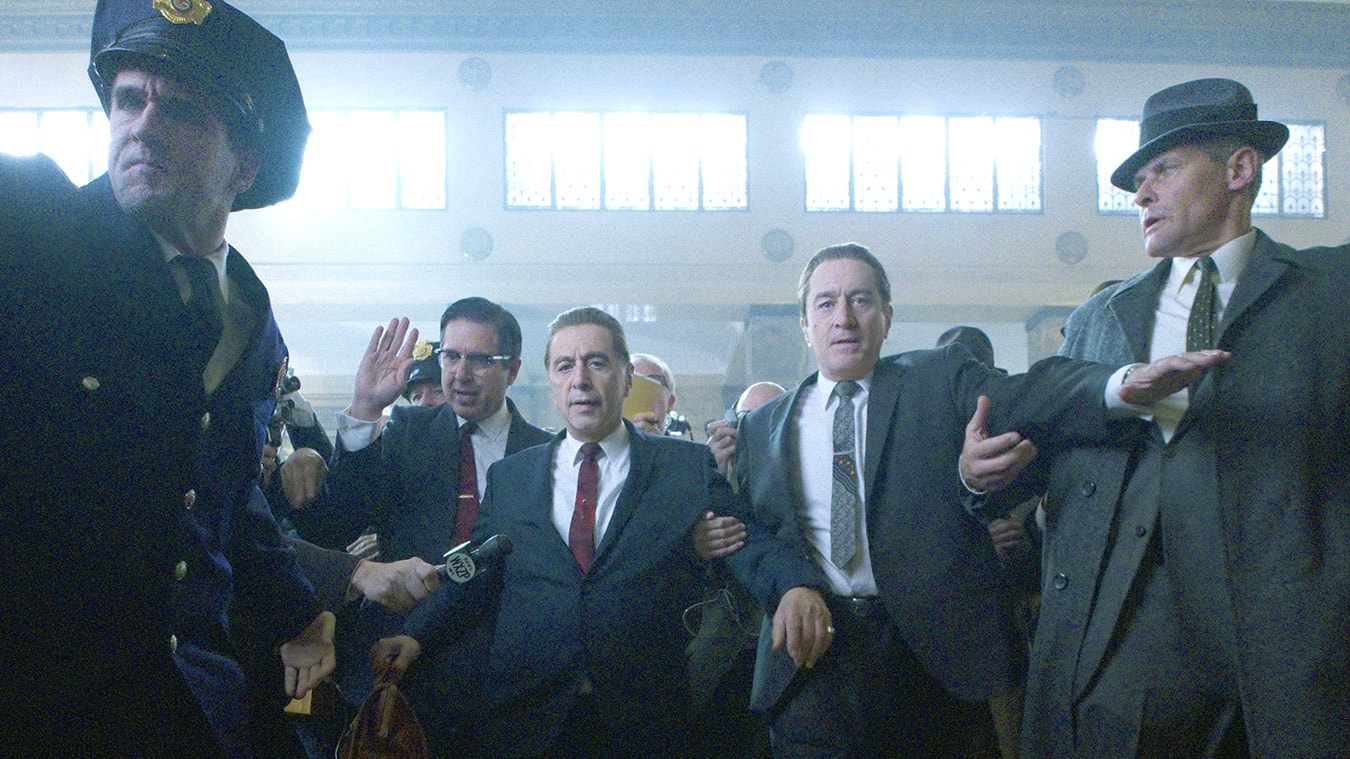
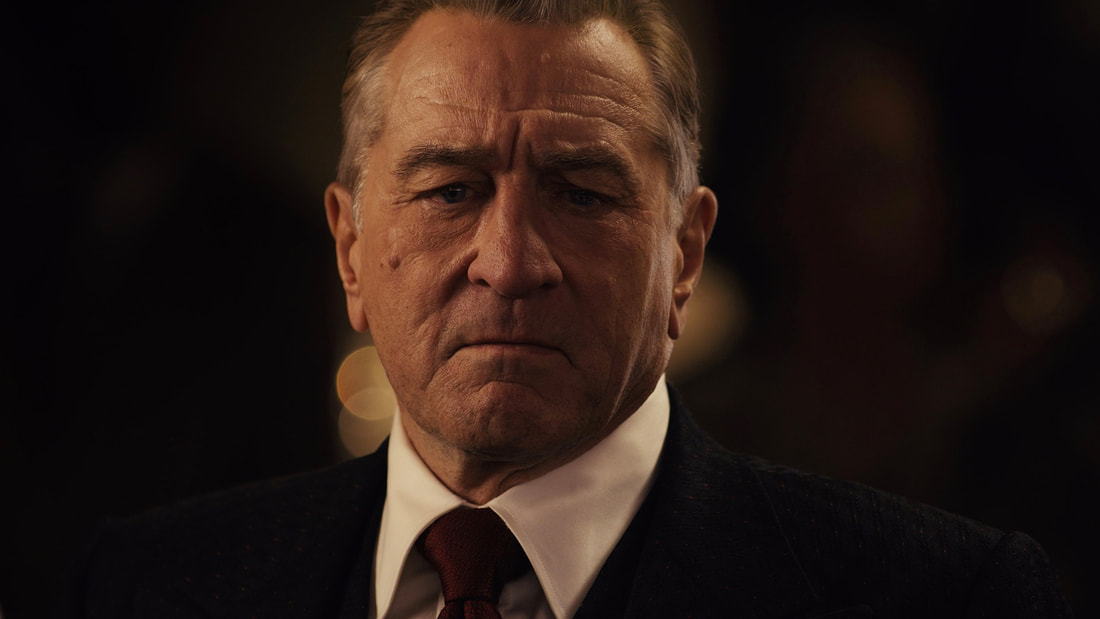
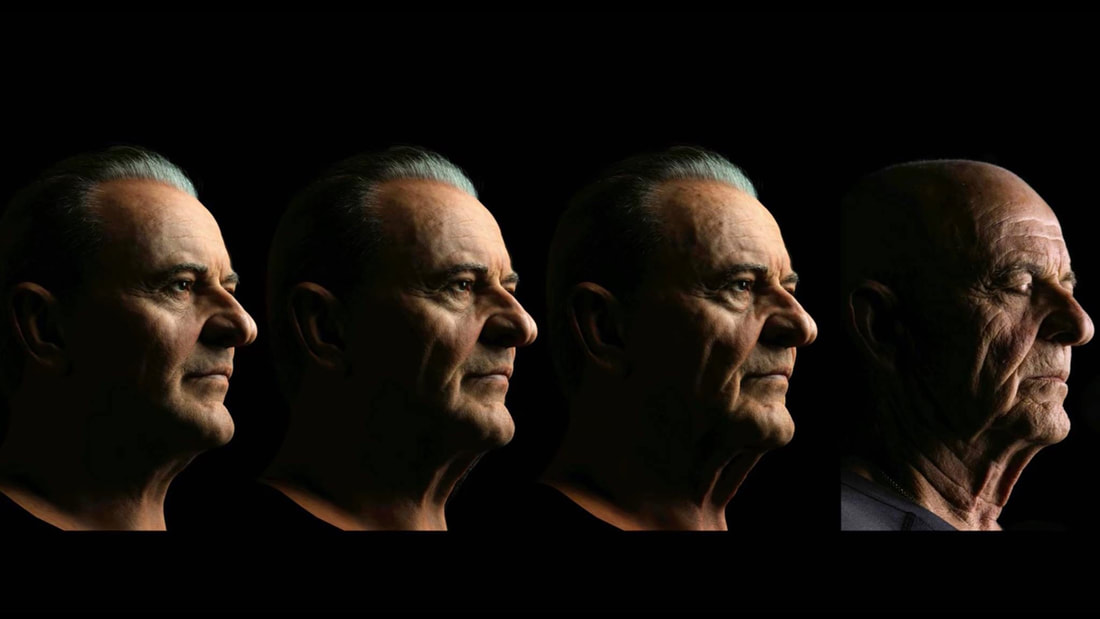
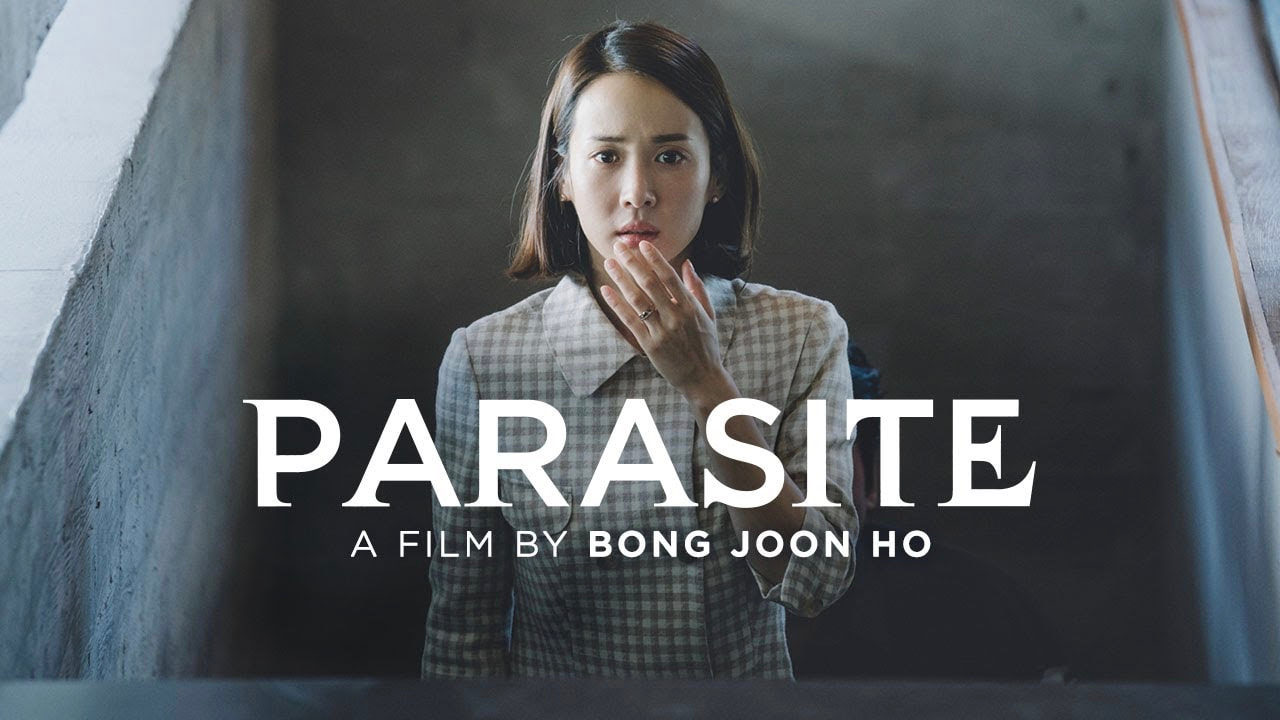
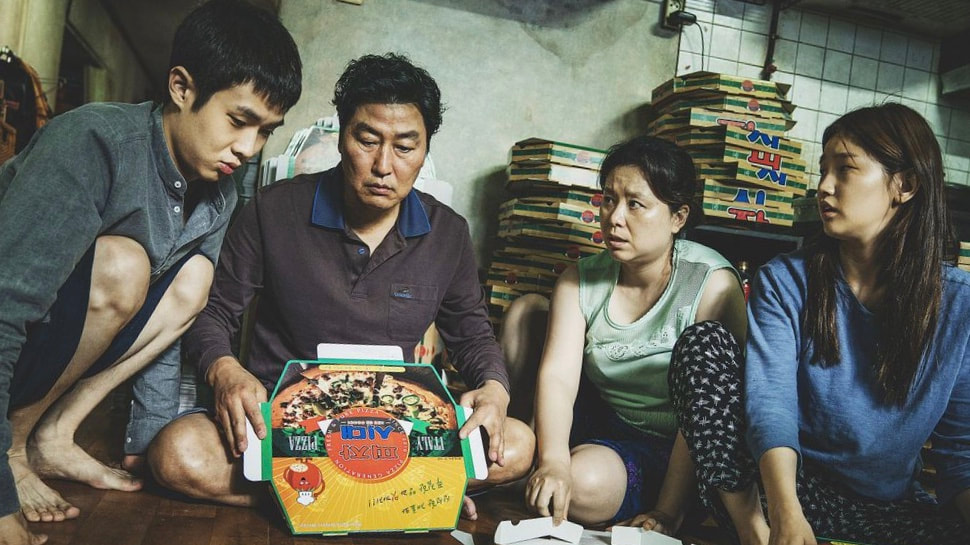
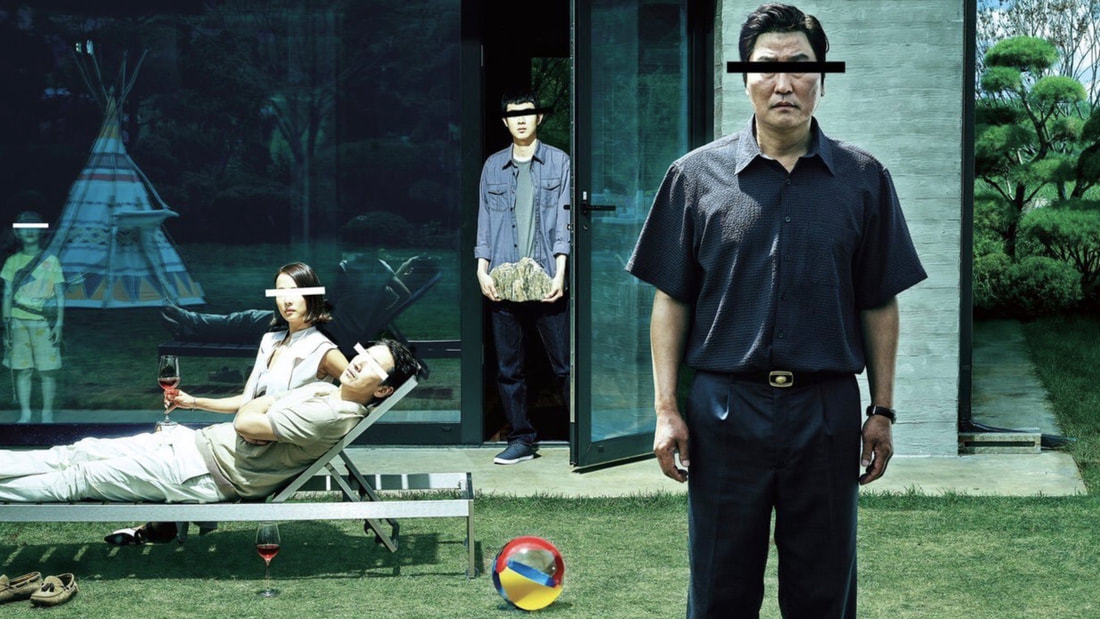
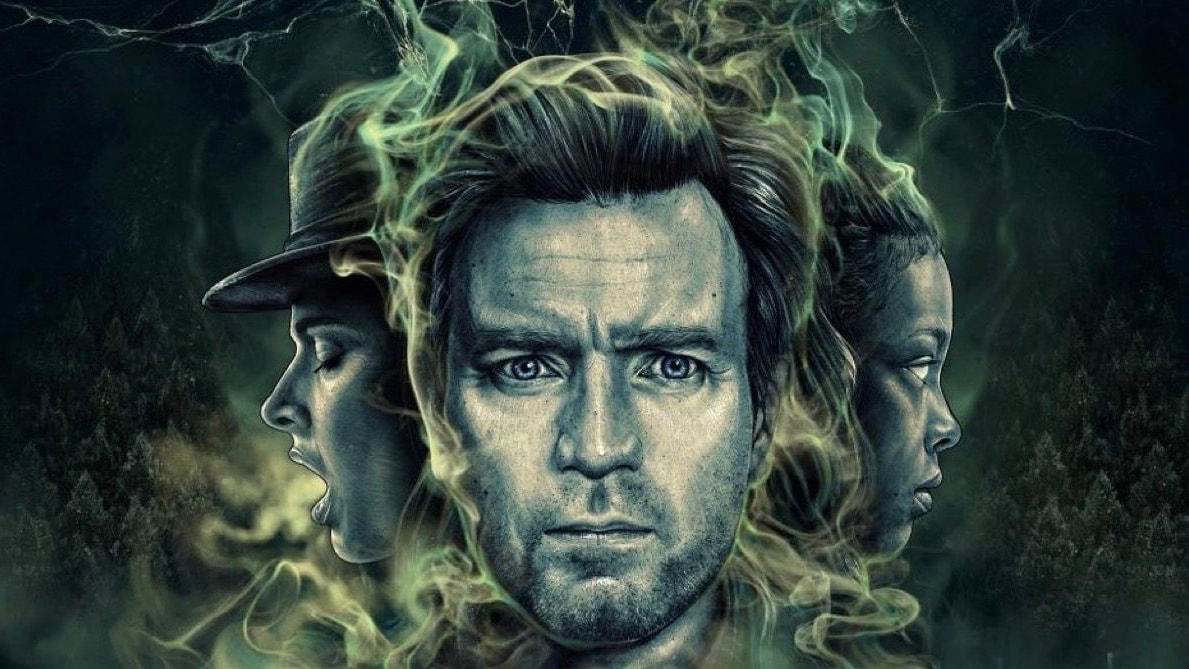
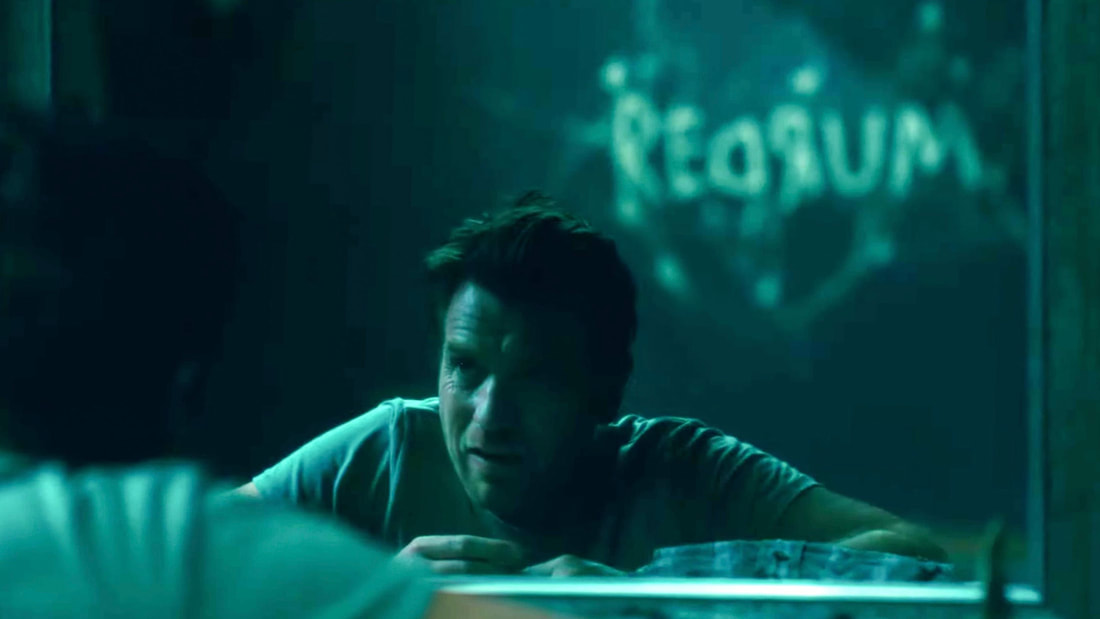
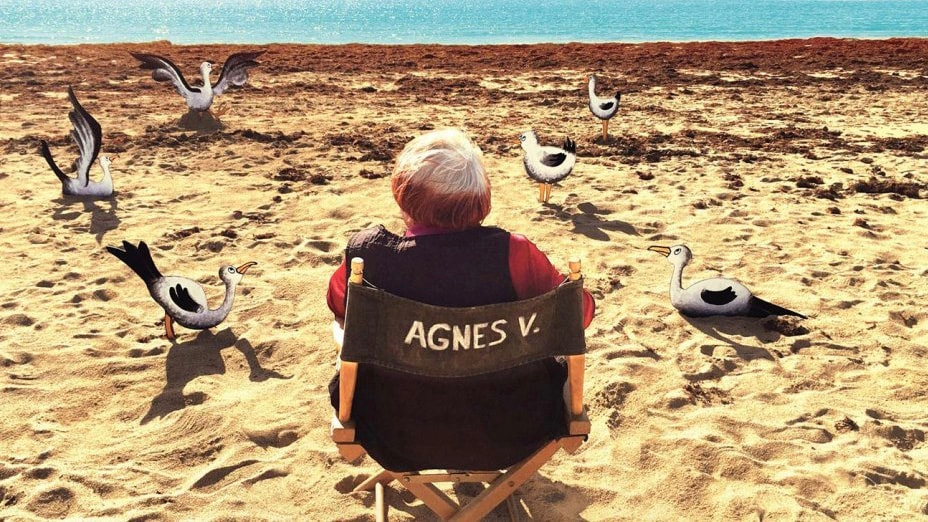
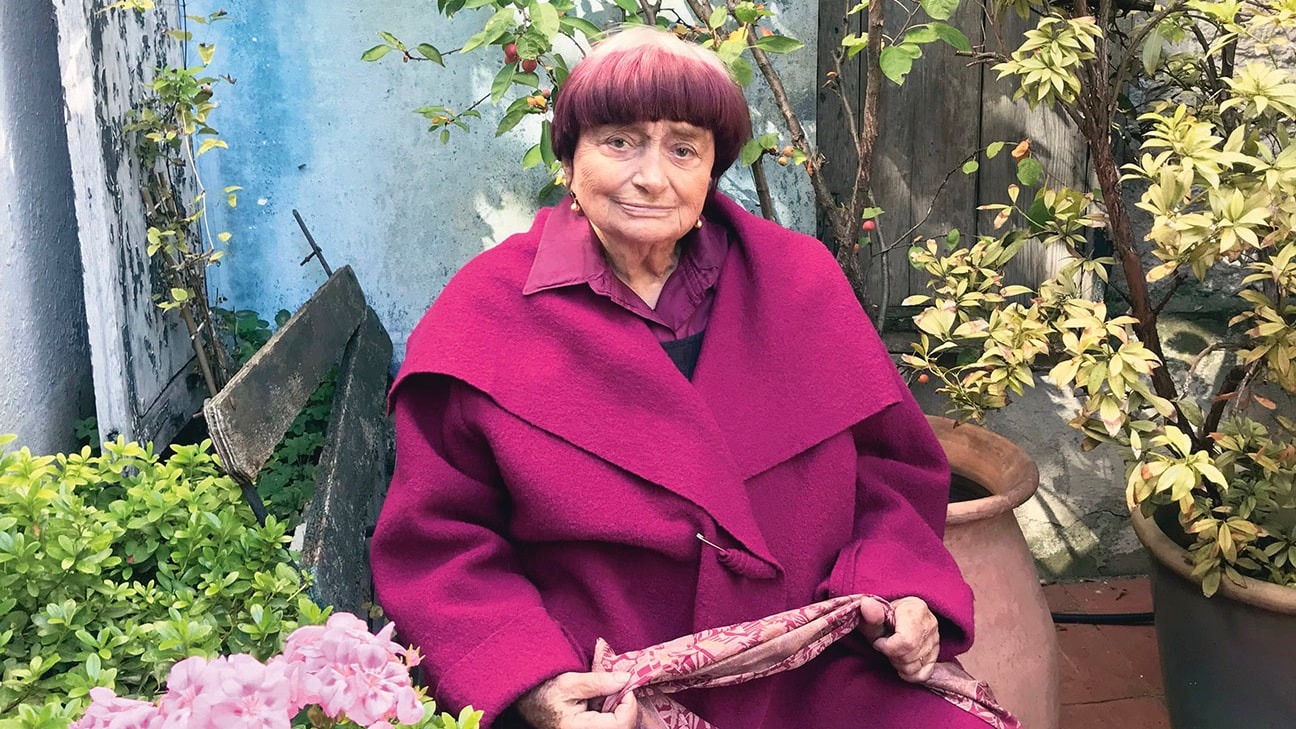
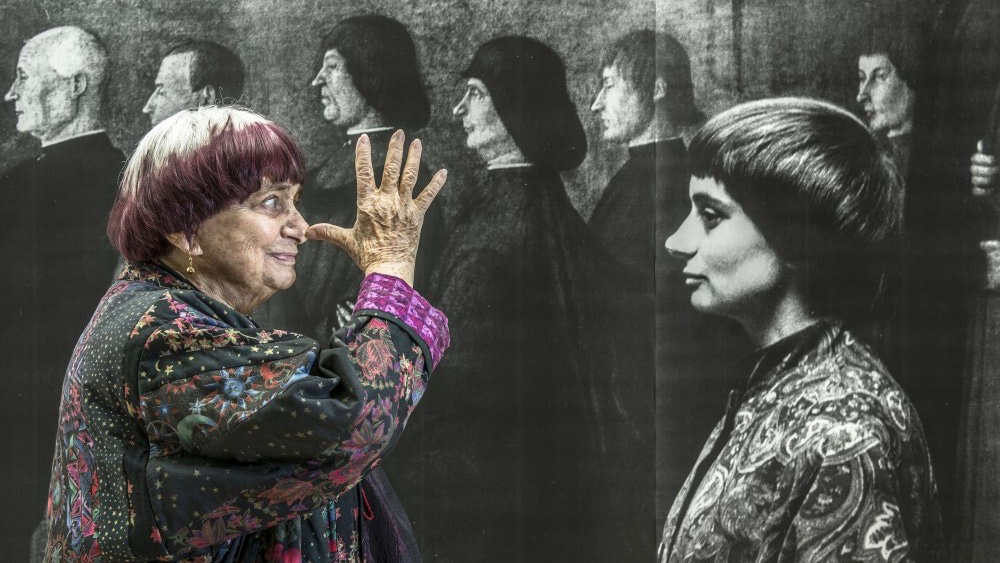
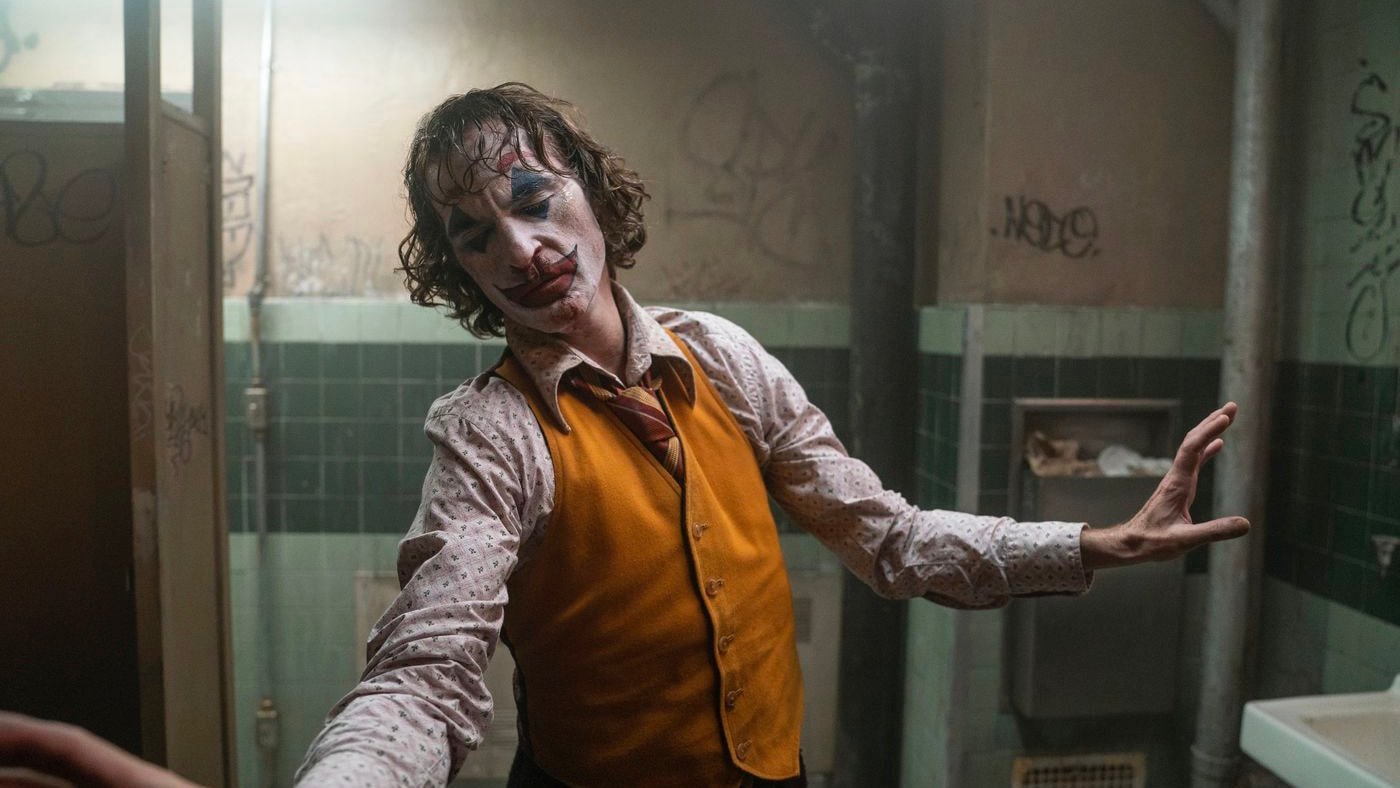
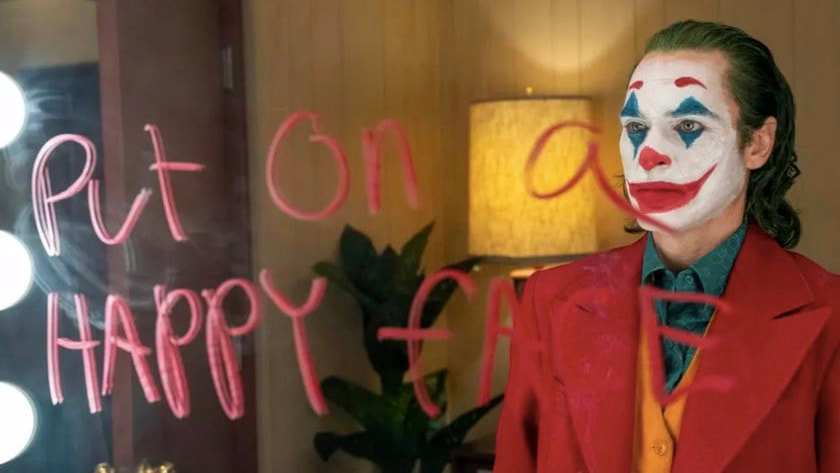

 RSS Feed
RSS Feed
